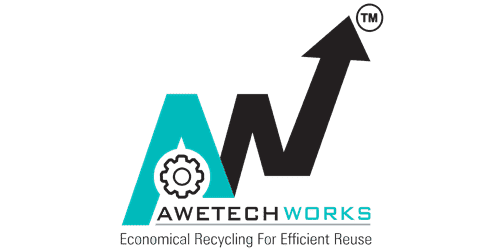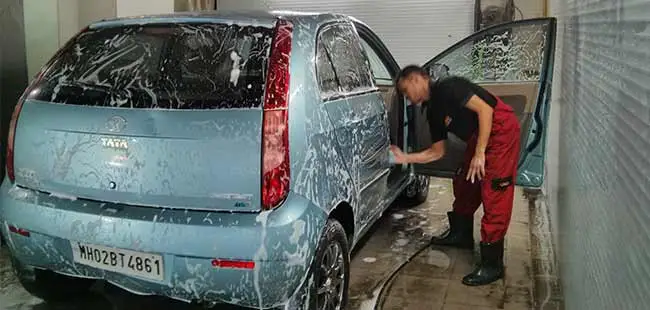

STP Installation
400+
Waste Water Treated Per Day
70 MLD
Inhouse Manufacturing
Yes
Mega Project
45 MLD ETP at L&T Ludhiana
Sewage Treatment Plant – STP for Automobile Service Center
| Capacity | Designed to handle wastewater volumes ranging from [X] liters per day to [Y] liters per day, based on the size and scale of the automobile service center. |
| Treatment Technique | Utilizes advanced biological treatment processes such as activated sludge, extended aeration, or sequencing batch reactor (SBR) to effectively treat sewage. |
| Inlet Parameters | Capable of treating sewage with varying levels of contaminants, including oil, grease, suspended solids, and organic matter. |
| Outlet Parameters | Ensures treated effluent meets regulatory standards for discharge into municipal sewer systems or reuse for non-potable purposes. |
| Automation Grade | Equipped with automated control systems for monitoring and optimizing treatment processes, ensuring consistent performance. |
| Footprint | Compact design to accommodate space constraints typically found in automobile service centers. |
| Operation & Maintenance | Includes provisions for routine maintenance and operational support to ensure optimal performance and longevity of the STP. |
Efficient Treatment Process : Tailored to address the unique wastewater characteristics generated by automobile service centers, including oil and grease contamination.
Compact Design : Optimized footprint to fit within limited space constraints common in service center facilities.
Advanced Treatment Technologies : Incorporates state-of-the-art biological treatment processes for thorough sewage treatment and pollutant removal.
Compliance Assurance : Ensures compliance with regulatory standards for effluent discharge, minimizing environmental impact and legal risks.
Automated Operation : Utilizes automated control systems for continuous monitoring and adjustment of treatment parameters, reducing manual intervention.
Cost-Effective Solution : Provides a cost-effective sewage treatment solution for automobile service centers, minimizing operational expenses and long-term liabilities.
Modular Design : Offers flexibility for future expansion or modifications to accommodate changing wastewater volumes or treatment requirements.
customer testimonials
The STP from Awetech Works transformed our automobile service center's wastewater management It's a reliable solution ensuring our operations stay environmentally friendly
Why Effluent Should Be Treated for Automobile Service Center
Effective sewage treatment is essential for automobile service centers to mitigate environmental pollution and comply with regulatory requirements. Wastewater generated during vehicle servicing activities contains various contaminants such as oil, grease, and organic matter, which can pose risks to soil, water, and public health if left untreated. By treating sewage before discharge, automobile service centers can prevent pollution of water bodies, protect ecosystems, and fulfill their responsibility towards environmental sustainability. Moreover, proper sewage treatment helps service centers avoid legal liabilities and reputational damage associated with non-compliance, ensuring continued operations and community trust.
Sewage Treatment Plant (STP) Process for Automobile Service Center


The Sewage Treatment Plant (STP) process for automobile service centers involves several stages to effectively treat wastewater and remove contaminants before discharge or reuse.
1.Collection and Screening:
Wastewater generated from vehicle servicing activities is collected and passed through screens to remove large debris and solid particles.
2.Primary Treatment:
The screened wastewater undergoes primary treatment, where settling tanks or clarifiers are used to separate heavier solids and oils from the water.
3.Biological Treatment:
In the biological treatment stage, the pre-treated wastewater is introduced to biological reactors, such as activated sludge or extended aeration tanks, where microorganisms break down organic pollutants.
4.Secondary Clarification:
After biological treatment, the wastewater is directed to secondary clarifiers to separate the remaining solids from the treated water.
5.Disinfection:
The clarified effluent is then disinfected using methods such as chlorination, ultraviolet (UV) irradiation, or ozonation to eliminate harmful pathogens and ensure the safety of the treated water.
6.Filtration and Polishing:
In some cases, the disinfected effluent may undergo additional filtration or polishing to remove residual contaminants and improve water quality before discharge or reuse.
Frequently Asked Questions [FAQ]
A Sewage Treatment Plant (STP) for automobile service centers is a facility designed to treat wastewater generated during vehicle servicing activities, ensuring that contaminants are removed before discharge into the environment or reuse.
Automobile service centers need an STP to effectively treat sewage and prevent environmental pollution. Wastewater from vehicle servicing contains oils, greases, and other contaminants that can harm the environment if not treated properly.
Components of an STP for automobile service centers typically include screening units, settling tanks, biological reactors, clarifiers, disinfection systems, and filtration units.
An STP treats sewage through a series of physical, biological, and chemical processes. These processes involve removing solids, breaking down organic matter, disinfecting the effluent, and polishing the treated water to meet regulatory standards.
Automation in an STP for automobile service centers helps monitor and control treatment processes, ensuring optimal performance and efficiency. Automated systems adjust treatment parameters based on real-time data, minimizing manual intervention.
Yes, an STP for automobile service centers is environmentally friendly as it prevents pollution by treating sewage before discharge. It removes harmful contaminants and ensures compliance with environmental regulations.
Yes, treated effluent from an STP can be reused in automobile service centers for non-potable purposes such as vehicle washing, cooling systems, or irrigation, provided it meets quality standards.
Regulatory requirements for STPs in automobile service centers vary depending on local laws and environmental regulations. They typically include discharge limits for pollutants and permits for operating STPs.
The frequency of maintenance for an STP in an automobile service center depends on factors such as the size of the facility, the volume of wastewater treated, and the type of treatment processes employed. Generally, routine maintenance is conducted at regular intervals to ensure optimal performance.
Yes, an STP can handle wastewater with oil and grease from automobile service centers using specialized treatment processes such as oil-water separators and biological treatment systems designed to degrade organic contaminants.
The lifespan of an STP in an automobile service center depends on factors such as design, construction quality, maintenance practices, and technological advancements. With proper care and maintenance, an STP can last for many years.
Yes, operating and maintaining an STP requires skilled personnel familiar with wastewater treatment processes, equipment operation, and safety protocols. Training and certification programs are available to ensure operators have the necessary skills and knowledge.
Yes, an STP can be customized to meet the specific needs of an automobile service center based on factors such as wastewater volume, contaminants present, space constraints, and regulatory requirements. Customization ensures optimal performance and efficiency.
The benefits of installing an STP in an automobile service center include environmental protection, regulatory compliance, cost savings on water bills, potential revenue generation from recycled water, and enhanced reputation as a responsible business.
Yes, installing an STP in an automobile service center can be cost-effective in the long run due to savings on water bills, potential revenue from recycled water, reduced risk of environmental fines, and enhanced operational efficiency.
An STP contributes to the sustainability of an automobile service center by minimizing water consumption, reducing environmental pollution, conserving natural resources, and promoting responsible water management practices.
Yes, installing an STP can help automobile service centers comply with green building certifications such as LEED (Leadership in Energy and Environmental Design) by demonstrating commitment to environmental sustainability and water conservation.
The main difference between an STP and a WWTP lies in their scale and purpose. An STP is typically smaller in size and designed to treat sewage from specific sources such as residential, commercial, or industrial facilities, while a WWTP is larger and serves entire communities or municipalities.
Yes, an STP can handle wastewater from various sources besides automobile service centers, including residential complexes, commercial buildings, industrial facilities, and institutional establishments.
Automobile service centers can ensure the efficient operation of their STP by implementing regular maintenance schedules, conducting performance monitoring, training staff on proper operation procedures, and staying updated on regulatory requirements and best practices in wastewater treatment.
Join Over +15,000 Happy Clients!








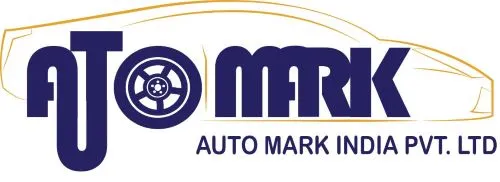



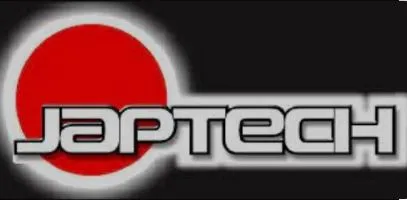











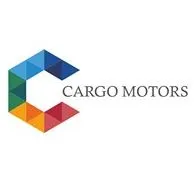







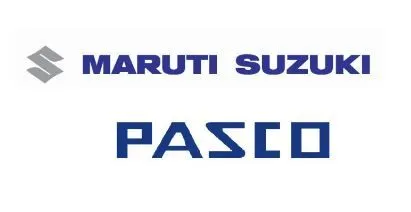











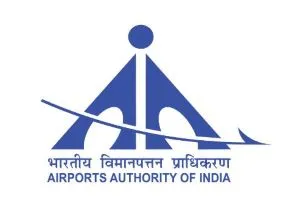















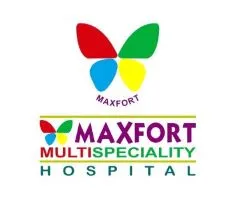

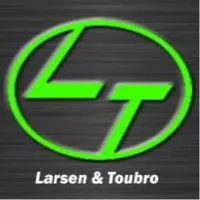









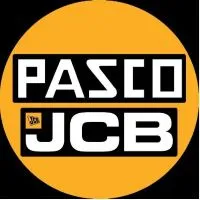







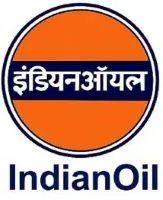

Salient Features
Concept to Commissioning
In-house team for Design. Engineering, Martufacturing, Execution and Service support gives full control over project ownership and quality
Experienced Team
Entire team possess average Industrial Experience of 7+ Year and have proven track record
Tailor Made Solutions
Our wide experience of solution design in multiple technologies enable us to choose technology that is most economical and efficient in long run.
Future Ready Products
Automation is the heart of every Awetech product. Our products performance can be monitored from remote location.
Life Cycle Management
We can take complete responsibility of product operation, maintenance, upgradation and comply latest pollution control board norms.
Comply Pollution Norms
Our design philosophy and documentation is in line with quidelines set by legal authorities. We provide support to take required approvals from pollution department
Awetech Works – The Leading Solution Provider of Sewage Treatment Plant (STP) for Automobile Service Center
- Industry-leading expertise in Sewage Treatment Plant solutions tailored for Automobile Service Centers.
- Customized solutions designed to address the unique challenges of automotive wastewater management.
- Commitment to environmental sustainability through eco-friendly wastewater treatment processes.
- Customer-centric approach focused on delivering exceptional value and service.
- Ongoing support and expertise to ensure the success of every STP project.
Our Design Philosophy
Analyze & Inspect
"You cannot improve those things
which you can not evaluate”.
✓ Analyze Water or Waste Water
Parameters.
✓ Inspect site to check availability of
Space and utilities.
Understand Application
Our Sales professionals will take detailed note of your requirement & challenges. Factors like Future expansions, end use of Water and Water depletion rate plays a very important role product designing.
Technology Selection
" Wrong selection may save you some penny initially but take out far more during operation & maintenance”. Thus, technology selection considering the soaring prices of Electricity, Manpower, Space, chemical and consumables is essential.
Design & Manufacturing
As a standard procedure we first make to-the-scale 3D design of entire project with plumbing and other connections. After discussing it with client we starts manufacturing tailor made unit in our state-of-the-art facility.
Quality Inspection
Our Ever plant has to go through the stringent Quality test, where we test the strength of fabrication, Anti Corrosion coating, Dimensions, Water leakage test and product finishing.
ENQUIRE NOW
Served Locations
-
Uttar Pradesh (UP):
Kanpur; Lucknow; Ghaziabad; Agra; Varanasi & more… -
Madhya Pradesh (MP):
Indore; Bhopal; Jabalpur; Gwalior; Ujjain & more… -
Rajasthan:
Jaipur; Jodhpur; Kota; Bikaner; Ajmer & more… -
Jammu and Kashmir (J&K):
Srinagar; Jammu -
Gujarat:
Ahmedabad; Surat; Vadodara; Rajkot; Bhavnagar & more… -
Punjab:
Ludhiana; Amritsar; Jalandhar; Patiala; Bathinda & more… -
Delhi National Capital Region (NCR):
Delhi; Gurgaon (Gurugram); Noida; Faridabad; Ghaziabad & more… -
Maharashtra:
Mumbai; Pune; Nagpur; Thane; Nashik & more…


